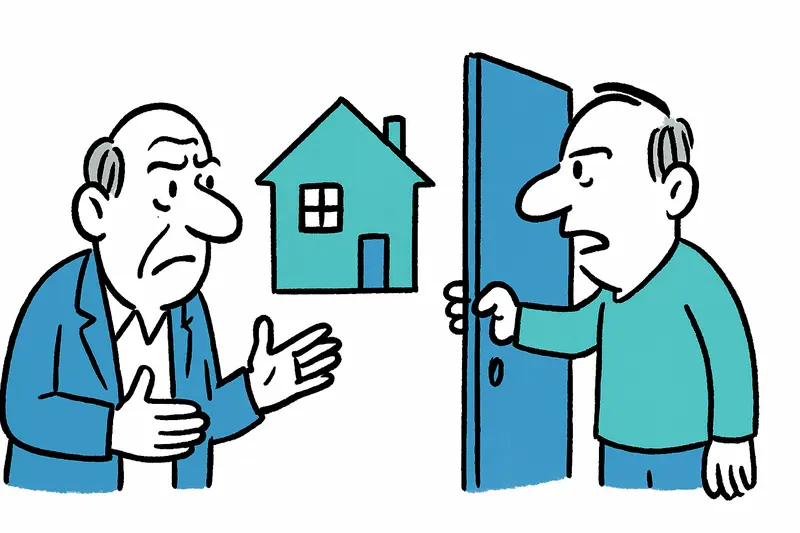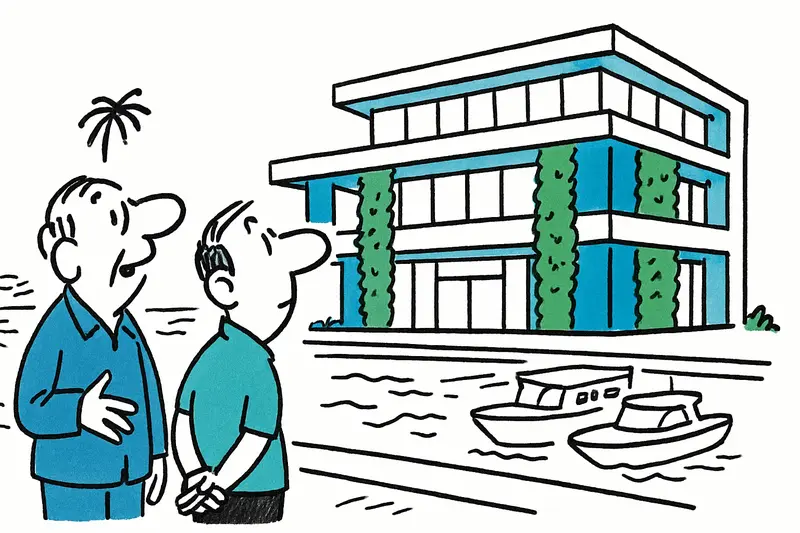
Balearic Islands want to adapt rent subsidies to island realities
The government in Madrid is opening the door: regions should in future be allowed to set their own maximums for rent subsidies. For Mallorca this could bring relief — but not without local debates.
New rules for rent subsidies could bring relief to the Balearic Islands
In Mallorca there is currently a lot of talk about an issue that is on many people's minds: housing. The draft of the new Spanish housing plan provides that autonomous regions will in future be able to set their own caps for rent subsidies — provided they reach an agreement with the Ministry of Housing in Madrid, as reported in Rental subsidies in the Balearic Islands: More leeway for realistic caps. This could be especially relevant for islands with high rental prices.
Why this matters
So far, there are nationally set limits: up to 900 euros per dwelling or 450 euros per room are listed as eligible for support. On Mallorca, however, these limits are not realistic for many apartments. In neighborhoods like La Llotja or along the Paseo Marítimo, prices per square meter have risen for years; those who work here often can only find tiny, expensive rooms.
What could change
The twist in the new plan: regions should be allowed to set their own limits — after consultation with the ministry. For the Balearic Islands this means the government can react to the actual market situation. Practically, that means: someone who currently is not entitled to a subsidy could receive support again under new regional rates.
However, this is not an automatic package of money — it is a legal framework. The final figures still have to be negotiated, and according to the timetable the plan is to be adopted by the end of the year at the latest. As long as the paper is only a draft, many questions remain open.
Voices from everyday life
Local reactions are mixed: young couples who grab their coffee at Palma's market hall in the morning are hoping for relief. Landlords argue that higher subsidies could further fuel demand. Social service providers point out that besides money there is also a need for more affordable housing — not just subsidies.
What to watch now
Tenants expecting support should follow developments and get informed early — for example at town halls, social services or consumer organizations, or read Rent Subsidies Under Scrutiny: Help — But Who Really Benefits?. For politicians: tailor-made rules for island regions are a step, but not a cure-all. Without additional housing construction and controls against illegal subletting, the situation will remain tense.
In the end the debate makes one thing very clear: what is considered sufficient on the mainland no longer fits an island where tourism, second homes and rising demand drive up prices. Whether the new rules will really help depends on implementation — and on whether the Balearic government takes the opportunity to set sensible regional limits.
Read, researched, and newly interpreted for you: Source
Similar News
Knife in the Taxi: When Rides to Son Banya Become a Trap
A taxi driver from Calvià was picked up in Peguera, driven to Son Banya and forced at knifepoint to hand over €50. The a...

When the Galaxy Roars Over Us: A Reality Check for Mallorca
A US transport aircraft and several B-2 bombers recently flew near Mallorca — time to ask questions about air safety, tr...

New Look at the Harbor: Club de Mar Gives Palma a Fresh Face
After five years of construction and around €84 million, the new Club de Mar at Porto Pi is complete: modern glass façad...

When Oil Becomes More Expensive: What a New Middle East Escalation Would Mean for Mallorca
A flare-up of the conflict in the Middle East could, via rising oil prices, burden airfares and everyday life on Mallorc...

In the Heart of Palma: How Workers in Salons and Restaurants Fell into Exploitation
A National Police raid uncovered in Palma de Mallorca that people without residence papers were forced to work up to 13 ...
More to explore
Discover more interesting content

Experience Mallorca's Best Beaches and Coves with SUP and Snorkeling

Spanish Cooking Workshop in Mallorca
